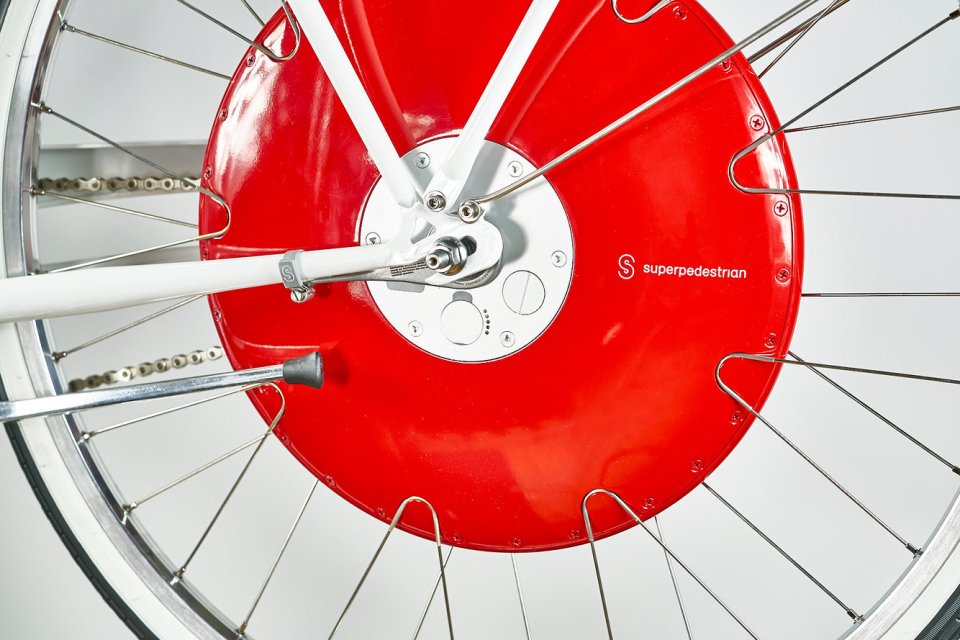Superpedestrian Charges Into Electric-Bike Sharing

This company is entering the bike-sharing frenzy.
Massachusetts-based transportation robotics company Superpedestrian has completed a $16.5m funding round which it says it will use to bring to market its technologies for electric-bike sharing.
Currently, Superpedestrian makes a product it calls the Copenhagen Wheel. The $1500 wheel replaces a bicycle’s back wheel, and has lots of electronics built in so that it helps you bike faster with less effort. It’s also got a bunch of sensors installed so that the wheel can be more easily serviced and maintained.
Superpedestrian is targeting fleet operators (such as ride-hailing companies) rather individual users. The company says that its built-in self-diagnostic systems make it particulary suitable for the fleet market.
Now, of course, scooter and e-bike sharing services are suddenly booming. Enter Superpedestrian, which says it’s time for the companies that are peppering city streets with their vehicles to improve their quality, and that Superpedestrian can help make them more reliable, easier to track, and more cost-effective over time.
Assaf Biderman, the CEO of Superpedestrian, explained: “Superpedestrian’s technology overcomes major issues faced by the industry.
“Our e-bikes autonomously manage themselves through onboard diagnostics, self-protection, and self-calibration, and then connect to a remote maintenance system that can service the entire fleet. If you rely mostly on users to report that something is broken, that’s too late. We know what’s going on inside each of our e-bikes and can resolve most issues before they occur.”
Right now, in San Francisco, several startups are leaving scooters everywhere. (Biderman said Superpedestrian technology would adapt to scooters easily.)
It is not clear how much this technology will cost, or how customers will incoroporate this tech into their products.
But neverthelesss, Superpedestrian is ready to take autonomous monitoring and management systems that it has spent years developing and provide them to the growing slew of companies maintaining fleets of light electric vehicles.






























